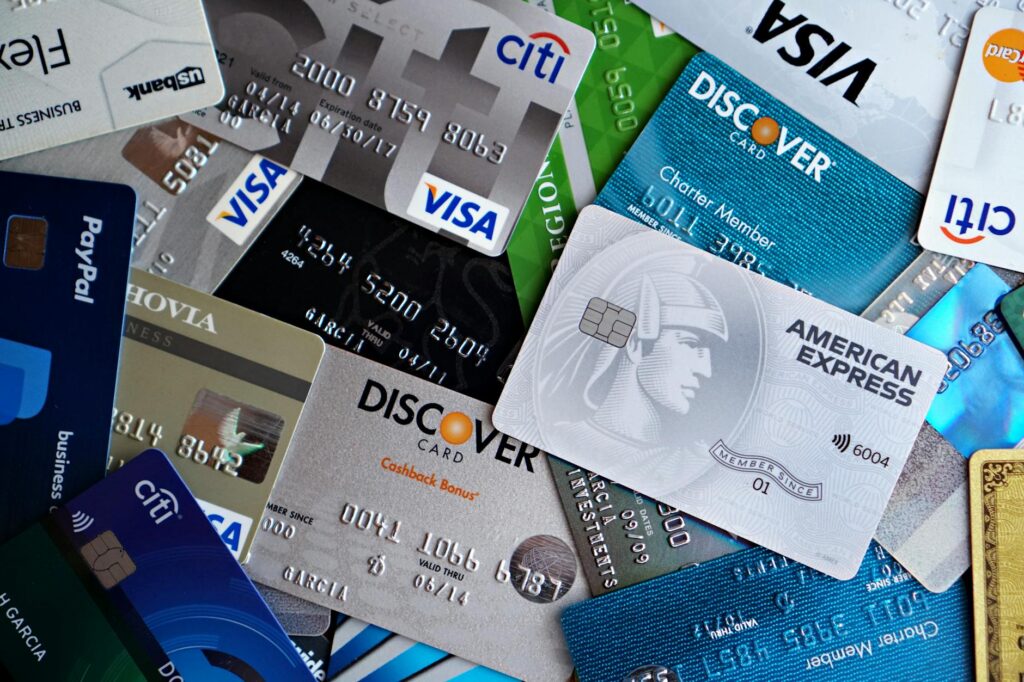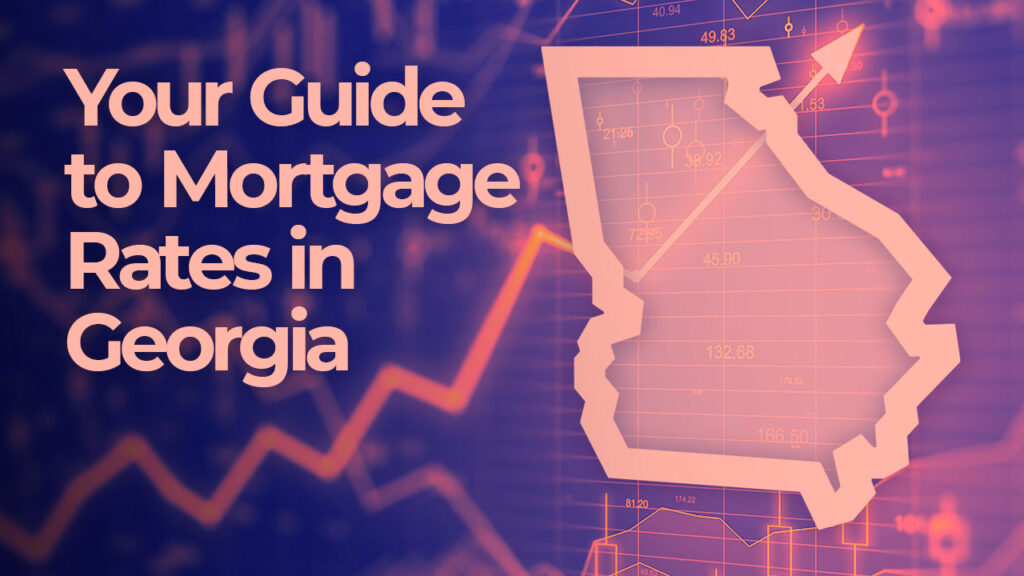Securing a small loan can feel overwhelming with so many options available. This guide breaks down the key differences between banks, credit unions, and online lenders to help you choose the best fit for your needs.
Understanding Your Loan Needs
Before diving into lenders, assess your financial situation. How much do you need to borrow? What’s your credit score? What’s your repayment plan? Knowing these answers will streamline your search. 
Banks: The Traditional Route
Banks are established institutions offering a wide range of financial products, including small loans. They often have higher credit score requirements and may offer less personalized service. Learn more about bank loan requirements.
Credit Unions: Member-Owned Benefits
Credit unions are not-for-profit organizations owned by their members. This often translates to lower interest rates and more flexible loan terms than banks. Membership requirements vary depending on the institution. 
Online Lenders: Speed and Convenience
Online lenders offer a streamlined application process and quick funding, often appealing to those needing funds quickly. However, be sure to research their reputations carefully and understand their fees. Check out online lender reviews.
Interest Rates: A Key Factor
Interest rates vary significantly across lenders and are heavily influenced by your credit score and the loan amount. Shop around and compare rates before making a decision. 
Loan Terms and Repayment Plans
Understand the loan’s terms, including the repayment period and any associated fees. Choose a repayment plan that fits your budget and financial goals. See our guide to loan repayment.
Fees and Charges
Be aware of any origination fees, late payment penalties, or prepayment charges associated with the loan. These fees can significantly impact the overall cost.
Credit Score Impact
Your credit score plays a vital role in determining your eligibility and the interest rate you’ll receive. A higher credit score generally leads to better terms. Improve your credit score now.
Application Process and Documentation
Each lender has its own application process. Some require extensive documentation, while others offer a quicker, more streamlined experience.
Customer Service and Support
Consider the level of customer service and support offered by the lender. Will you have easy access to assistance if you need it?
Security and Privacy
Choose a reputable lender that prioritizes your financial security and protects your personal information. Learn about online financial security.
Comparing Offers
Create a comparison chart to weigh the pros and cons of different lenders and their offers. This will help you make an informed decision.
Pre-Approval and Shopping
Some lenders offer pre-approval, which allows you to see your potential interest rate without impacting your credit score. Take advantage of this feature to compare offers.
Hidden Fees and Fine Print
Read the loan agreement carefully to understand all fees and terms before signing. Avoid lenders who are unclear or unwilling to explain the details.
Understanding Your Rights
Familiarize yourself with consumer protection laws related to borrowing and lending. Check out consumer protection resources.
Choosing the Right Lender
The best lender for you depends on your individual circumstances and priorities. Consider your credit score, desired loan amount, repayment timeline, and comfort level with different types of lenders.
Conclusion
Finding the best small loan requires careful research and comparison. By understanding the nuances of banks, credit unions, and online lenders, you can make an informed decision that aligns with your financial goals.
Frequently Asked Questions
What is the difference between a bank and a credit union? Banks are for-profit institutions, while credit unions are member-owned non-profits, often offering lower rates and more personalized service.
How important is my credit score? Your credit score significantly impacts your interest rate and eligibility for a loan. A higher score generally leads to better terms.
What should I look for in an online lender? Check their reputation, fees, security measures, and customer service ratings before applying. Look for transparency in their terms and conditions.
What documents do I need to apply for a small loan? This varies by lender, but you’ll typically need identification, proof of income, and possibly bank statements.
Can I get pre-approved for a loan? Yes, many lenders offer pre-approval, which allows you to see potential terms without affecting your credit score.


